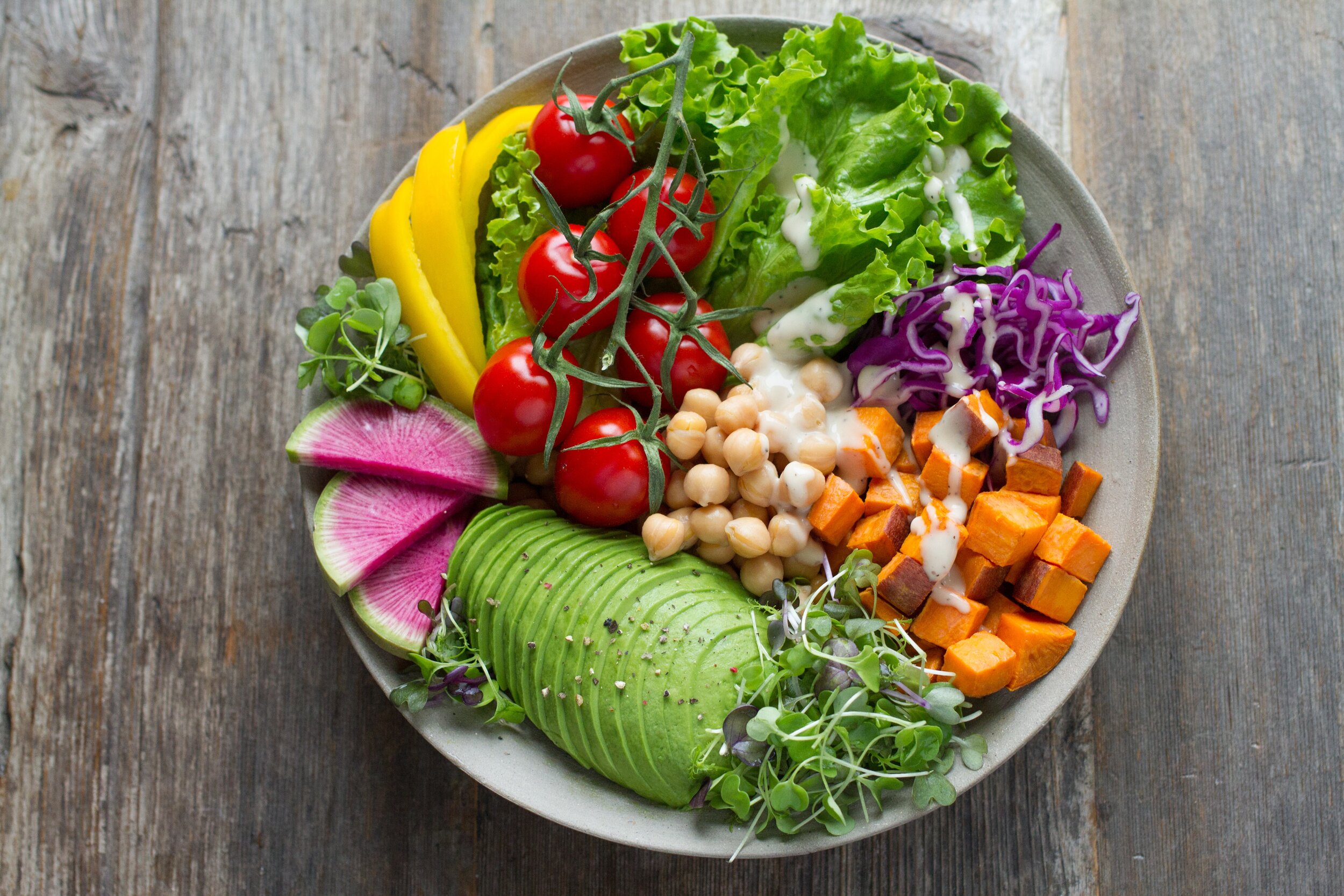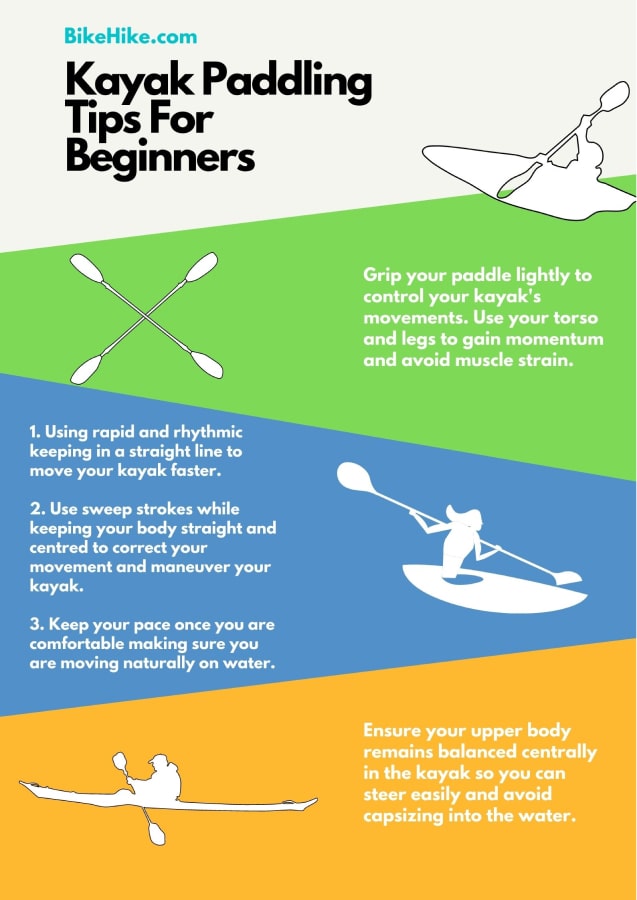The Cyclist’s Nutritional Guide: Fueling Your Rides from Training to Recovery
Cycling, whether leisurely rides or intense competitions, demands a finely tuned nutritional strategy. Your body is a high-performance machine, and providing it with the right fuel – at the right time – is crucial for maximizing performance, improving recovery, and preventing injury. This comprehensive guide delves into the essential aspects of cycling nutrition, covering everything from pre-ride fueling to post-ride recovery and long-term dietary considerations.
I. Understanding Energy Systems and Macronutrient Needs:
Before diving into specific dietary recommendations, it’s crucial to understand how your body generates energy during cycling. Three primary energy systems fuel your rides:
- ATP-PC System (Phosphagen System): This system provides immediate energy for short, high-intensity bursts (e.g., sprints). It utilizes stored ATP and creatine phosphate.
- Anaerobic Glycolysis: This system kicks in for moderately intense activities lasting a few minutes. It breaks down carbohydrates (glucose) without oxygen, producing lactic acid as a byproduct.
- Aerobic Respiration: This system is the primary energy source for longer, endurance rides. It uses oxygen to break down carbohydrates and fats, producing a significant amount of ATP.
Understanding these systems helps tailor your nutrition. For short, intense rides, carbohydrate availability is paramount. Longer rides necessitate a balanced approach, incorporating carbohydrates for immediate energy and fats for sustained fuel.
Your macronutrient needs will vary depending on training intensity and duration, but a general guideline for cyclists includes:
- Carbohydrates (45-65% of total calories): The primary fuel source for cycling, especially during and after intense workouts. Choose complex carbohydrates like whole grains, fruits, vegetables, and legumes over refined sugars.
- Protein (10-20% of total calories): Essential for muscle repair and growth. Aim for lean sources like chicken, fish, beans, lentils, and tofu. Protein intake is particularly crucial after intense training sessions.
- Fats (20-35% of total calories): Provides sustained energy, especially during longer rides. Opt for healthy fats like avocados, nuts, seeds, olive oil, and fatty fish.
II. Pre-Ride Nutrition: Preparing Your Body for the Challenge:
Proper pre-ride nutrition primes your body for optimal performance. The timing and type of food consumed before a ride are critical:
- Timing: The optimal time to eat before a ride depends on its intensity and duration. For shorter, high-intensity rides (less than an hour), a light snack 30-60 minutes beforehand might suffice. For longer rides (over an hour), a larger meal 2-3 hours prior is recommended.
- Food Choices: Focus on easily digestible carbohydrates with a moderate glycemic index (GI). Examples include:
- Oatmeal with berries: Provides sustained energy release.
- Toast with banana and peanut butter: Combines complex carbs and healthy fats.
- Rice cakes with avocado: Provides energy and healthy fats.
- Energy gels or bars: Convenient options for quick energy boosts, but use sparingly and choose those with minimal added sugars.
Avoid high-fiber foods and fatty meals close to ride time, as these can cause digestive discomfort.
III. During-Ride Nutrition: Maintaining Energy Levels:
For rides lasting longer than an hour, replenishing carbohydrate stores during the ride is vital to prevent "hitting the wall." Strategies include:
- Sports Drinks: Replenish fluids and electrolytes lost through sweat. Choose drinks with a moderate carbohydrate concentration (4-8% carbohydrate).
- Energy Gels or Chews: Provide a quick and easily digestible source of carbohydrates. Rotate flavors to avoid sensory fatigue.
- Energy Bars: A more substantial option, providing carbohydrates, protein, and sometimes fat. Choose bars with a lower sugar content and higher fiber content.
- Real Food: For longer rides, consider carrying real food like bananas, dried fruit, or energy biscuits.
Hydration is crucial during prolonged rides. Drink consistently throughout, even if you don’t feel thirsty.
IV. Post-Ride Nutrition: Recovery and Muscle Repair:
Post-ride nutrition is critical for muscle repair, glycogen replenishment, and overall recovery. The "anabolic window," a period of heightened muscle protein synthesis, is most effective within 30-60 minutes after exercise. Strategies include:
- Carbohydrates: Replenish glycogen stores with high-GI carbohydrates like sports drinks, bananas, or rice.
- Protein: Essential for muscle repair and growth. Consume a combination of fast-digesting protein (whey protein) and slow-digesting protein (casein protein). Examples include Greek yogurt, protein shakes, or lean meats.
- Hydration: Replenish fluids and electrolytes lost through sweat.
V. Long-Term Dietary Considerations:
Consistent and balanced nutrition is key for long-term cycling success. Consider these points:
- Hydration: Maintain adequate hydration throughout the day, not just during rides.
- Micronutrients: Ensure adequate intake of vitamins and minerals through a varied diet. Consider supplementation if necessary, especially during periods of intense training.
- Sleep: Prioritize adequate sleep (7-9 hours per night) for optimal recovery and performance.
- Stress Management: Chronic stress can negatively impact performance. Practice stress-reducing techniques like yoga, meditation, or deep breathing.
- Individual Needs: Nutritional needs vary greatly depending on factors like training volume, intensity, body composition, and individual metabolism. Consulting a registered dietitian or sports nutritionist can provide personalized guidance.
VI. Common Nutritional Mistakes and How to Avoid Them:
Many cyclists make nutritional mistakes that hinder their performance and recovery. Common errors include:
- Inadequate Carbohydrate Intake: Failing to consume enough carbohydrates before, during, and after rides can lead to fatigue and reduced performance.
- Insufficient Hydration: Dehydration significantly impacts performance and can lead to heat exhaustion.
- Neglecting Protein: Insufficient protein intake hampers muscle repair and growth.
- Ignoring Micronutrients: Deficiencies in essential vitamins and minerals can affect overall health and performance.
- Overreliance on Processed Foods and Sugars: These provide quick energy but lack essential nutrients and can lead to energy crashes.
By avoiding these common mistakes and implementing the strategies outlined in this guide, cyclists can significantly improve their performance, enhance their recovery, and ultimately achieve their cycling goals. Remember to listen to your body, adjust your nutrition plan as needed, and consult with professionals for personalized advice. Cycling is a rewarding endeavor; proper nutrition is the key to unlocking your full potential.



